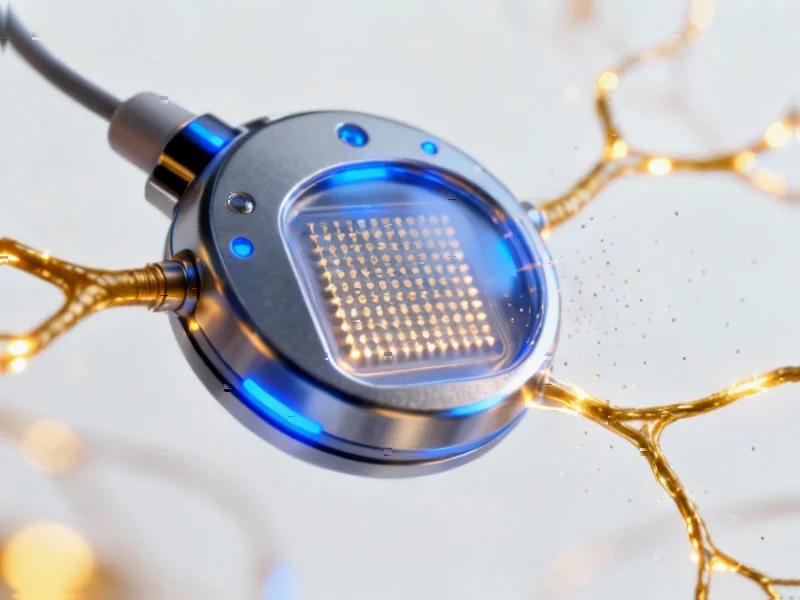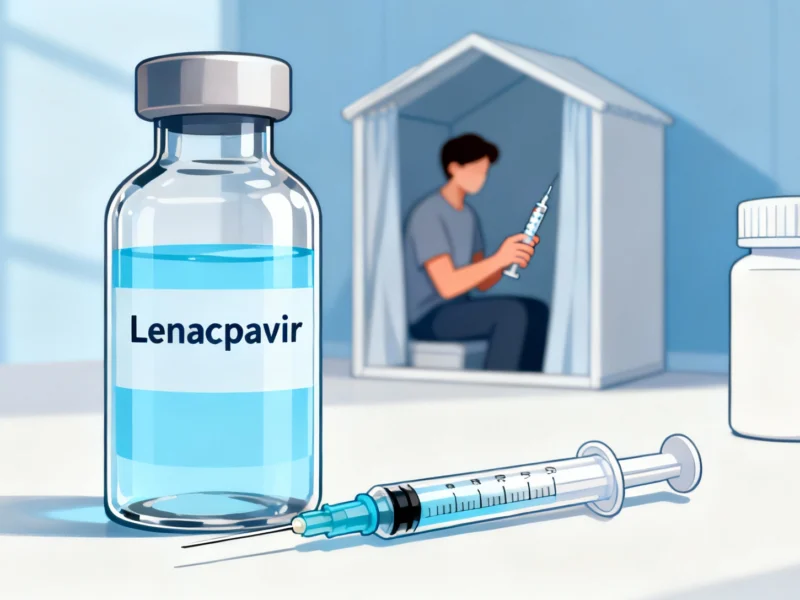Revolutionary Retinal Implant Offers Hope for Macular Degeneration Patients
In a significant medical advancement, researchers have developed a retinal implant that has restored reading ability to individuals suffering from age-related macular degeneration (AMD), the leading cause of incurable blindness in older adults. The innovative device is surgically placed beneath the retina, where it replaces damaged light-sensitive cells. It works in tandem with specialized camera-glasses that capture visual information and transmit it to the implant, which then stimulates the remaining retinal neurons electrically. Ophthalmologist Frank Holz, who led the clinical trial, reported that patients regained the ability to read letters and words. However, mastering the use of this technology requires months of intensive training, highlighting the importance of patient commitment and rehabilitation support.
Table of Contents
- Revolutionary Retinal Implant Offers Hope for Macular Degeneration Patients
- Brain Disconnection Reveals Clues to Consciousness States
- Pregnancy and Breastfeeding Boost Immune Defense Against Breast Cancer
- Metabolic Limits: How the Body Manages Extreme Energy Expenditure
- AI in Academia: Balancing Innovation with Educational Integrity
- Evaluating Strategies for Affordable Drug Pricing
- Global PhD Satisfaction: Key Factors for Researcher Well-Being
Brain Disconnection Reveals Clues to Consciousness States
New research into children who have undergone hemispherotomy for severe epilepsy has uncovered persistent, sleep-like delta waves in surgically isolated brain regions, even when the patients are awake. This finding provides valuable insights into the differences between conscious and unconscious brain activity. By studying these electrical patterns, scientists are enhancing our understanding of neurological conditions and the fundamental mechanisms of awareness, which could inform future treatments for disorders of consciousness.
Pregnancy and Breastfeeding Boost Immune Defense Against Breast Cancer
A recent study has revealed that pregnancy and breastfeeding trigger the accumulation of specialized CD8 T cells in breast tissue, offering protection against breast cancer. During lactation and the subsequent weaning process, breast tissue undergoes remodeling, which recruits these immune cells to eliminate damaged cells and support tissue health. Oncologist Sherene Loi, a co-author of the study, emphasized that this biological redesign is a key factor in cancer prevention. Women with a history of breastfeeding showed higher levels of T cells in breast tumors and improved survival rates, underscoring the long-term health benefits of lactation.
Metabolic Limits: How the Body Manages Extreme Energy Expenditure
Researchers have identified a metabolic ceiling for sustained energy expenditure, approximately 2.4 times the basal metabolic rate (BMR), through a study involving endurance athletes. Using deuterium and oxygen-18 labeled water, the team tracked energy use and found that even elite athletes, who can burn up to 9,000 calories daily during competitions, subconsciously reduce energy output in non-essential activities to stay within this limit. This suggests that the body’s ability to absorb and process nutrients ultimately constrains long-term energy expenditure.
AI in Academia: Balancing Innovation with Educational Integrity
The integration of artificial intelligence tools into higher education is reshaping teaching and learning methodologies worldwide. Institutions like Ohio State University are proactively embedding AI into curricula to foster innovation, while others, including the University of Sydney, are implementing in-person assessments to verify skill acquisition and prevent over-reliance on AI. The academic community remains divided, with proponents highlighting AI’s potential to enhance education and critics raising concerns about ethical, environmental, and cognitive implications.
Evaluating Strategies for Affordable Drug Pricing
Health economist Beth Woods has critiqued proposed U.S. drug pricing reforms, arguing that direct-to-consumer websites and international price alignment may not effectively reduce costs. For insured individuals, savings could be minimal, and out-of-pocket expenses may remain high for the uninsured. Woods advocates for domestic regulatory measures and value-based pricing tied to health outcomes, which could streamline drug development and curb excessive spending while ensuring access to effective treatments.
Global PhD Satisfaction: Key Factors for Researcher Well-Being
Nature’s 2025 PhD survey highlights Brazil, Australia, and Italy as top countries for doctoral candidate satisfaction, with Nordic nations collectively achieving an 85% satisfaction rate. Factors contributing to positive experiences include regular supervisory meetings—at least one hour per week—and manageable working hours. These findings underscore the importance of supportive academic environments in fostering researcher success and well-being., as covered previously, according to emerging trends
These developments across medical science, neuroscience, and academia illustrate a dynamic landscape of innovation and discovery, with implications for health, education, and research practices worldwide.
Related Articles You May Find Interesting
- New Computational Method Maps Complex Cell Development Pathways Using Single-Cel
- Unlocking Nature’s Genetic Toolbox: How Retron Systems Are Revolutionizing Preci
- Scientists Sequence First Chromosome-Level Genome of Turpan Wonder Gecko, Uncove
- Revolutionizing Motion Sensing: How Auto-Tuning Electrostatic Anti-Spring Techno
- Breakthrough Retinal Implant Restores Reading Ability in Macular Degeneration Pa
References
- https://doi.org/10.1056/NEJMoa2501396
- https://doi.org/10.1371/journal.pbio.3003060
- https://rdcu.be/eLW90
- https://doi.org/10.1016%2Fj.cub.2025.08.063
- https://www.bbc.co.uk/news/articles/c0mxzdg203jo
This article aggregates information from publicly available sources. All trademarks and copyrights belong to their respective owners.
Note: Featured image is for illustrative purposes only and does not represent any specific product, service, or entity mentioned in this article.


